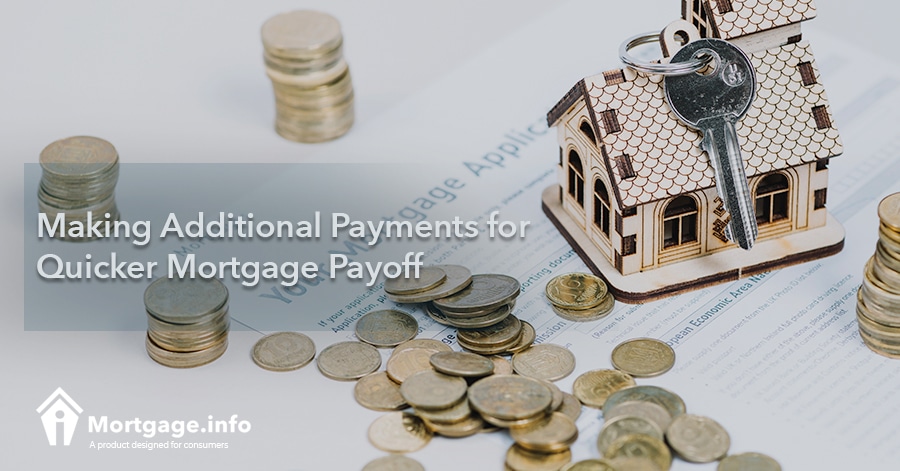
If you signed mortgage documents for a 30-year term, the future can look rather overwhelming. Do you really want to make payments of $1,000 or more for the next 30 years of your life? What happens when you retire? Will you be able to afford the payments? The good news is there are ways to pay the principal faster with additional payments either on a regular or irregular basis. It will take some consistency and dedication to make your efforts worth it, but in the end, you have a mortgage-free home and more disposable income for you to use or invest.
Calculating Interest Based on the Outstanding Balance
The amount of interest you pay depends on the outstanding principal balance. If you look at your amortization table, you will see a majority of your initial payments go towards interest while a very small portion of your payment goes towards the principal. As you get further into the term of the loan, however, the roles reverse. You then start paying more principal than interest. What if you made extra principal payments right from the start, though? In this case, you would be able to reduce the amount of interest you pay in the end. Even an extra $100 per month could add up to help you save thousands of dollars on interest.
Make Just One Extra Payment Per Year
One of the best ways to reduce the amount of interest you pay and to cut your term down is to make one extra payment per year. There are several ways you can do this:
- Make a one-time extra payment during a time of the year which you have the extra funds, such as after receipt of a work bonus
- Pay an extra 1/12th of your mortgage payment (principal and interest) each month so at the end of the year you made one full extra mortgage payment
- Divide your standard mortgage payment into 2 payments each month, making them exactly 2 weeks apart each month as these ends up equally one extra payment per year
Just taking one of the steps above can cut around 4 years off your original mortgage term. This might not sound like a lot, but on a standard $200,000 30-year term, this could mean more than $30,000 in interest savings.
Other Benefits of Making Additional Payments
Aside from the benefit of lowering your principal balance and reducing your interest payments, you can also reduce the amount of time you must pay Private Mortgage Insurance, if you did not put 20% down on your home. The lender charges you for PMI for as long as you owe more than 80% of the home’s value. When you reach the illustrious 80% point, you are able to request the removal of PMI. Some lenders require you to refinance, while others simply remove it for you, reducing your monthly burden without the need to refinance. If you make extra payments towards your principal every month, you can reach the desired loan value much sooner than if you followed the standard amortization table.
Don’t Pay to Lower Your Principal Balance
One word of caution regarding making additional payments towards your principal – you should never have to pay for the extra payments. Most mortgage companies allow you to make the extra payments without any fees or approval required. However, there are companies out there who prey on people who they know want to get out of debt faster. These companies promise to work out a deal with your mortgage company to allow you to make extra payments. Generally, this is something you can do on your own and for free – the companies charge thousands of dollars for a service you could handle on your own.
Make Sure the Money Goes Towards the Principal
Another word of caution when you wish to pay your principal down is to ensure the funds go to the right place. You would like to think the money would go directly towards your principal, but you should never assume. The lender can apply the funds however they see fit unless you specify where the funds should go. On most mortgage payment coupons you have the option to check the box for an extra principal payment; make sure you check this box and write how much of the payment goes towards the principal so the money is properly applied. You would do the same thing if you were to make your payments online.
Is it worth paying the principal faster with additional payments?
The choice is up to you. If you do not have the extra income each month to put towards the principal, you should save the money for something else. As long as you make the minimum mortgage payments each month, you are not in any jeopardy. However, if you have the extra money each month or have an area you could sacrifice, then it is well worth making the extra payments. If you focus on the future, you will see that saving thousands of dollars in interest is a great investment towards your retirement. You might not have the funds in an account for you to see them, but knowing that you do not have to pay this interest in your later years in life can be a real lifesaver.
